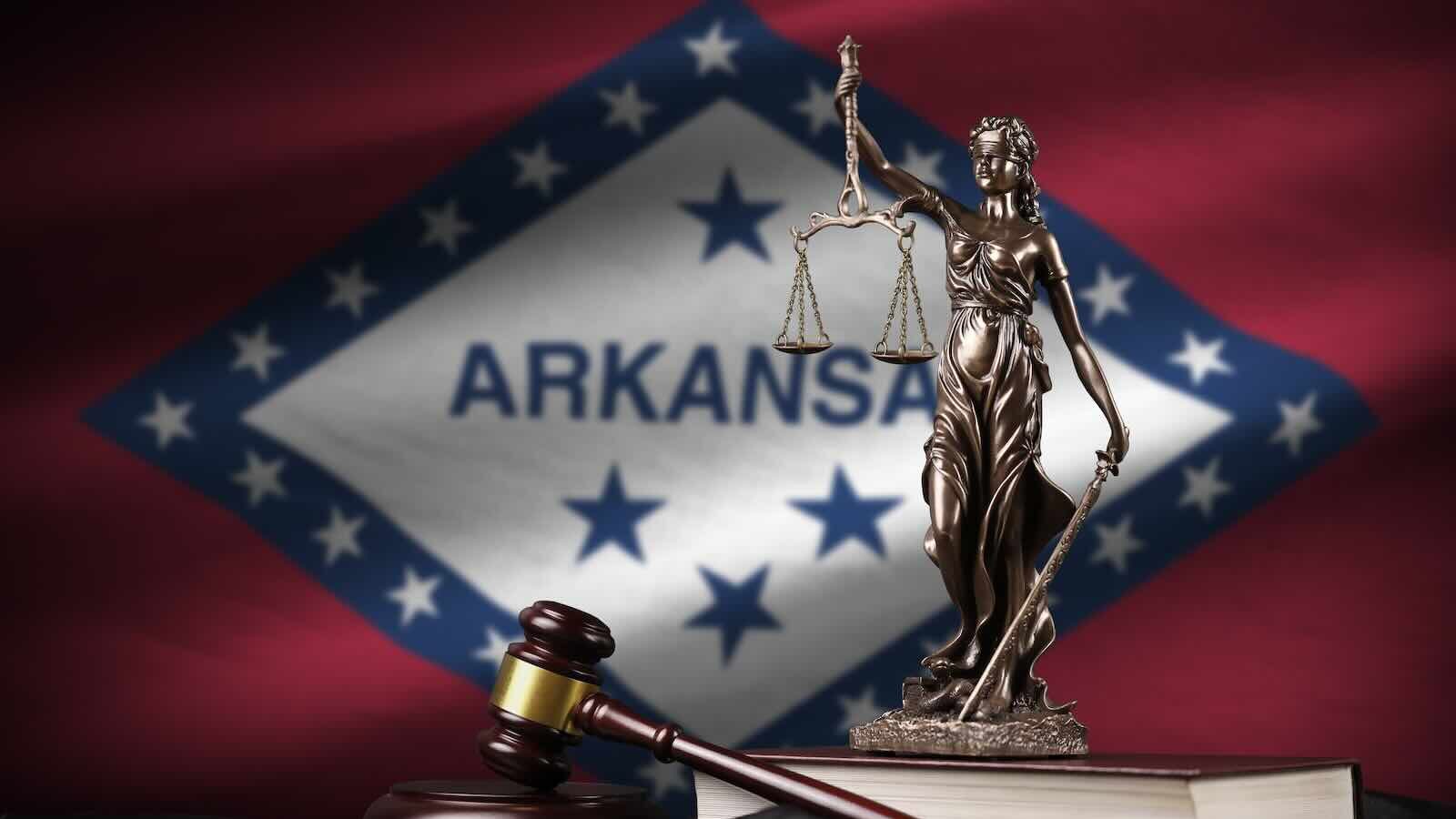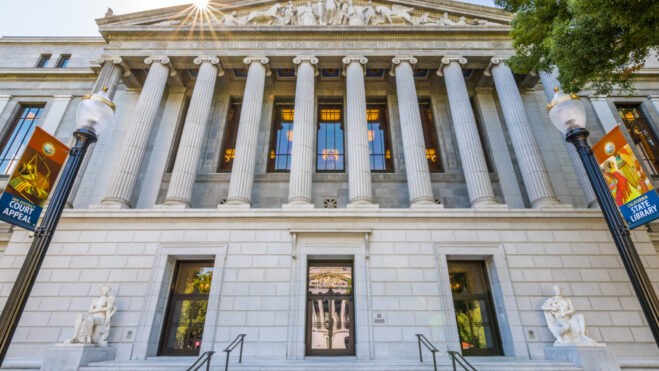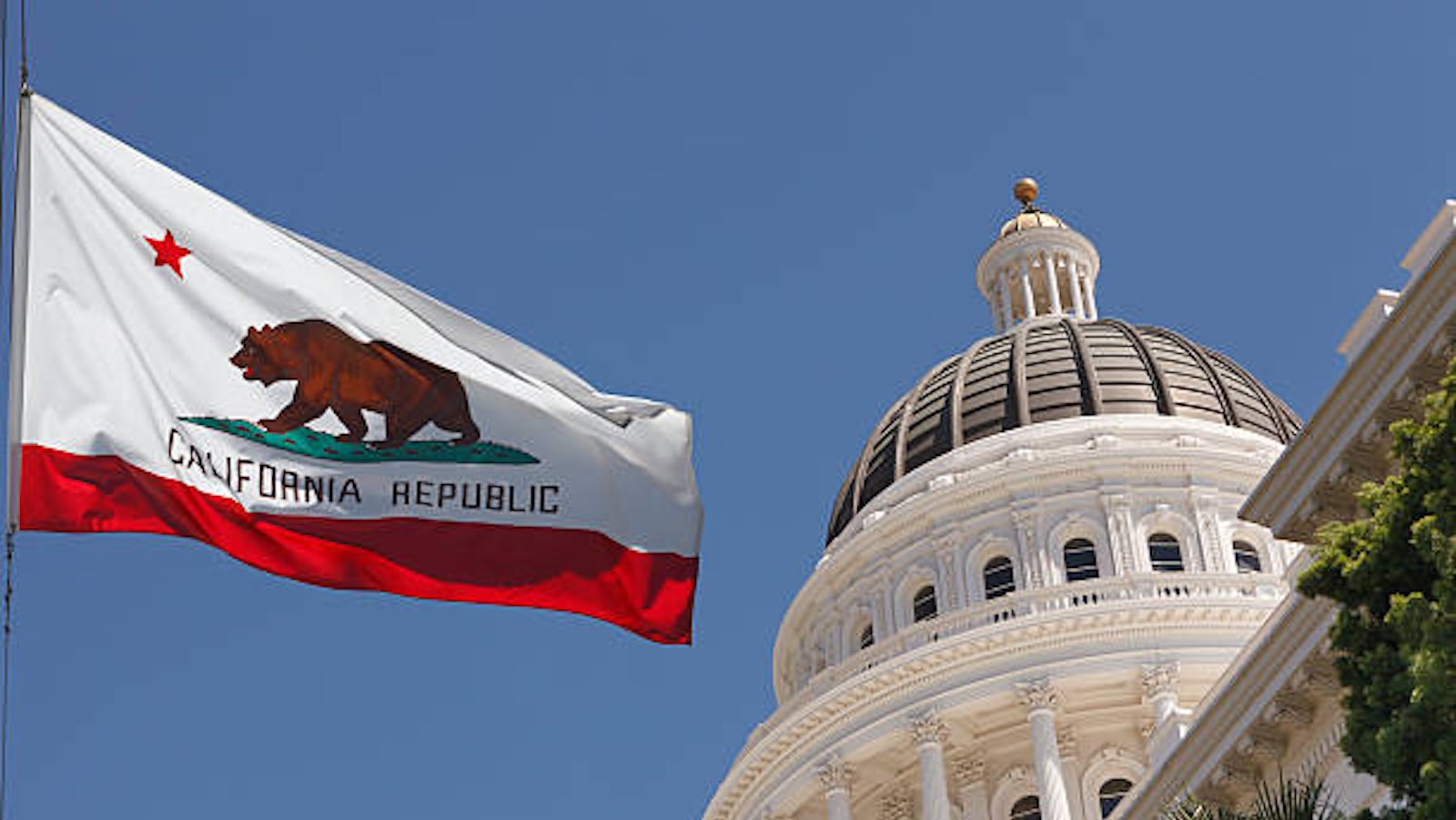Arkansas Ruling Clears Path For Vote On Controversial Casino License Repeal
The state’s Supreme Court will allow measure targeting repeal of Pope County casino license
2 min

The debate over casino expansion in Arkansas — which has raged for over six years — isn’t settling down. The Arkansas Supreme Court decided on Oct. 17 that votes cast on a ballot measure seeking to revoke a Pope County casino license and mandate special countywide elections for new casinos in the state will be counted.
The ballot measure, Issue 2, which has become a focal point of local political discourse, will ask voters whether they support repealing the casino license granted to Cherokee Nation Entertainment earlier this year. The Arkansas Supreme Court’s ruling comes after a protracted dispute over the validity of the ballot question, the legitimacy of its signature-gathering process, and the language used to describe the measure to voters.
Justice Karen Baker authored the majority opinion, emphasizing that the ballot’s popular name and title were adequate in providing a fair and impartial understanding of the issue at hand. “We hold that it is an adequate and fair representation without misleading tendencies or partisan coloring,” Baker wrote.
Wayward claims
At the heart of the case was the question of whether the popular name and ballot title sufficiently explained the measure to voters. The court found that both were intelligible and impartial, presenting the proposed constitutional amendment in a manner that did not mislead the electorate. This finding is crucial, as the ballot title is intended to offer voters a clear understanding of what they are voting on, while the popular name provides a concise reference to the issue.
In contrast, Justice Shawn Womack dissented, arguing that the language of the ballot title was misleading because it did not explicitly mention the existing casino license issued in Pope County. Womack contended that voters were being misled into believing the measure would only impact future decisions, without being informed that it would retroactively revoke the license already granted.
“Both use future tense language … without revealing to voters that a vote in favor of the amendment will, in fact, repeal action that has already been taken,” Womack wrote.
The Pope County casino license was issued to Cherokee Nation Entertainment in June by the Arkansas Racing Commission. The decision to award the license has been a point of contention, particularly since Gulfside Casino Partnership, another applicant, filed a lawsuit challenging the commission’s ruling. This legal battle, however, is still ongoing and separate from the ballot measure at hand.
Thursday’s ruling also follows accusations that the signature collection process behind the measure was improperly handled. The Arkansas Canvassing Compliance Committee (ACCC), which opposed the measure, argued that Local Voters in Charge — the group spearheading the ballot initiative — violated state laws by financially incentivizing canvassers and employing out-of-state residents to collect signatures. However, the Arkansas Supreme Court dismissed these claims earlier in the week.
In the hands of voters
In her dissent, Womack’s concerns reflect broader arguments made by those opposed to the measure, who claim it will undermine ongoing economic projects in the region. The proposed $300 million Legends Resort & Casino, planned near Russellville, has become central to the debate.
Proponents of the project argue that the casino will create hundreds of jobs and provide significant tax revenue to the state. Opponents of the ballot measure, including a spokesperson for the pro-casino group, have urged voters to reject the proposal to protect the project’s future.
Supporters of the anti-casino measure, on the other hand, maintain that the issue at stake is one of local control. Hans Stiritz, spokesperson for Local Voters in Charge, emphasized that the amendment is about allowing local communities to have a say in whether casinos should be built in their areas. He pointed to the principle of local autonomy, arguing that voters in a given county should have the final say on whether a casino is appropriate for their community.
As early voting begins on Oct. 21, both sides are intensifying their efforts to sway public opinion. The outcome of the vote could have lasting implications not only for the future of the Pope County casino license but also for how similar projects are approved across Arkansas in the years to come.





